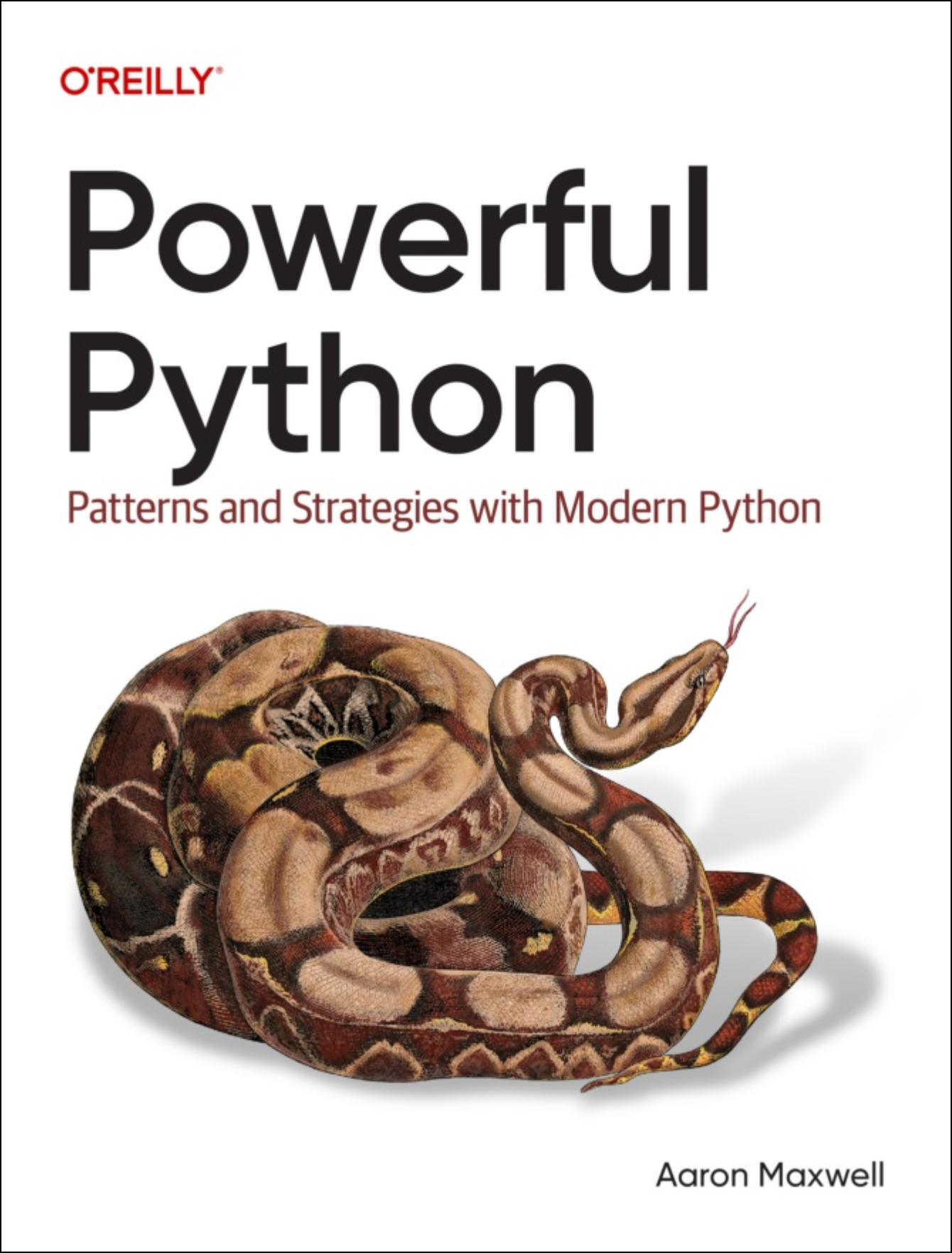What I won't tell you about Python
A curious question, from one rowdy reader:
"Could you please explain why you didn't say a word about the 'else:' part of 'try:' expressions, in chapter 6 of your book Powerful Python? You tell there about 'except' and 'finally', but why not about 'else'?"
A fair question. And I have an excellent answer:
Your time.
When I wrote Powerful Python, I deliberately, thoughtfully, and purposefully designed it to save you time. The one thing we all want more of.
Because there are SO MANY THINGS you can learn. Having enough to learn is not a problem for you.
But a problem we DO have is wading through information that's not important to us. To find what's most valuable, right now.
So the way I help: I don't even mention what's not important.
Because if you are learning how exceptions work in Python, some parts are more important than others. You need to know how "try:" and "except:" work. You need to know how to tune your except blocks for different kinds of exceptions. You need to know about "finally:", so your code can do what it needs to do, even if there's an error.
Do you need to know about the try-block's little-known, little-used "else" clause?
Well... since I know you have only have so much attention available... As your teacher, I'd rather invest your attention in something more important.
So none of my courses, writing, etc., are comprehensive. They're SELECTIVE.
Designed to focus your attention and energy on those aspects of coding that will have a giant impact. A HUGE impact. The greatest benefit.
Because, to be blunt, there is way too much useless crap out there. Ask yourself: what can I learn about next that will be life-changing? That will permanently improve how I write software, from now on, forever?
